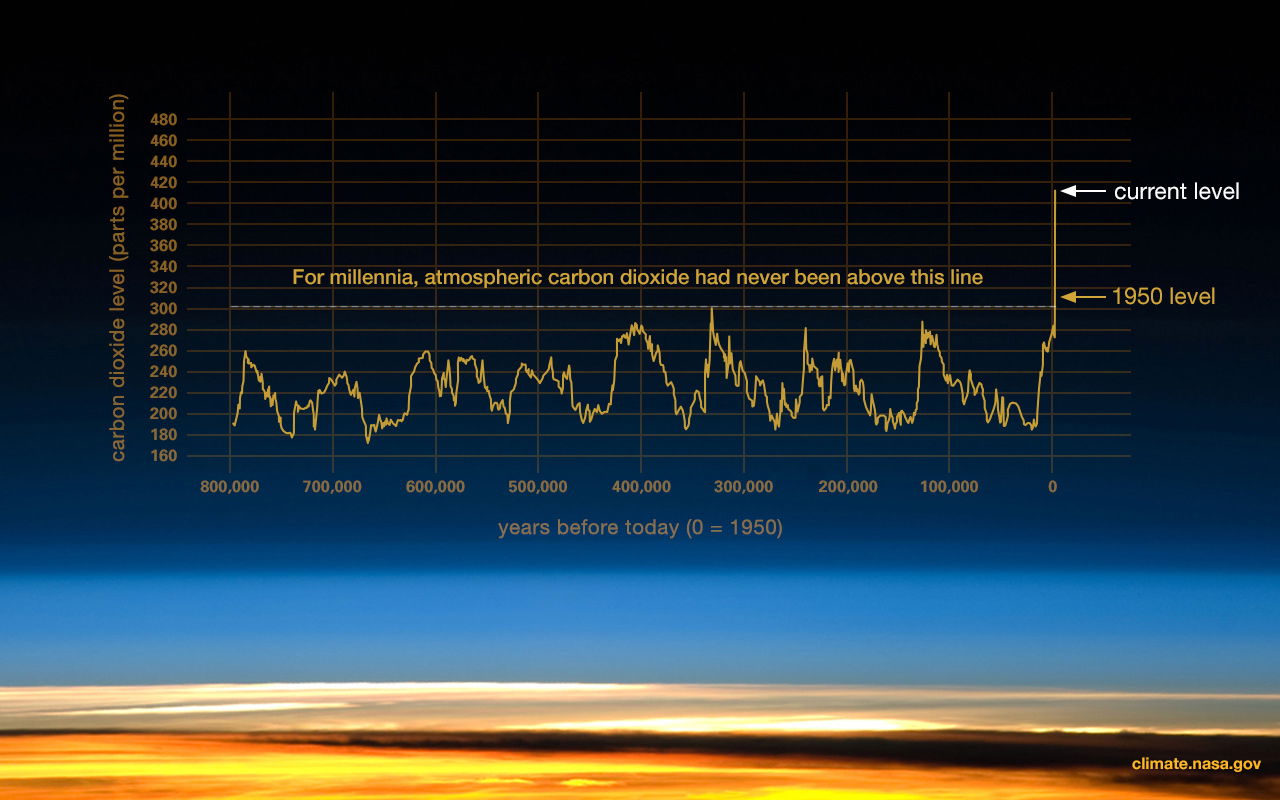The Intergovernmental Panel on Climate Change (IPCC) published a landmark report earlier this year, which has been flagged as being "code red for humanity" by the UN Secretary-General. With the past five years being the hottest on record, an expected increase in frequency and severity of extreme weather events, and further acceleration in sea level rise being amongst the key findings, it's clear that more drastic, urgent and united action is needed globally to tackle climate change.

WHAT IS COP26?
COP26 has been dubbed as a critical summit for global climate action. With conversations in the media, amongst politicians, and between climate activists ever-increasing with less than one month until the event, it seems strange that an occasion of such global importance does not have a more self-explanatory name. So, what is it?
COP refers to the ‘Conference of the Parties’. The “parties” are over 190 countries, who have signed the United Nations Framework Convention on Climate Change (UNFCCC). According to the UN, the ultimate aim of the UNFCCC is to prevent “dangerous human interference with the climate system”.
COP has taken place almost every year since 1995, where it first took place in Berlin. In partnership with Italy, the UK is hosting the 26th COP. Party delegates, negotiators, and world leaders, along with representatives from international organisations and the media, will attend to discuss how to jointly address climate change.
2021 has been marked as a “make or break year” for climate action. Dwindling opportunity remains to achieve the targets set out at COP21 in Paris, 2015, where the parties agreed to limit global surface increase to ideally below 1.5°C, “recognizing that this would significantly reduce the risks and impacts of climate change”.
The COVID19 pandemic has also rejuvenated the opportunity for governments to focus on ‘building back better’ and rebuild economies in a more environmentally friendly way. COP26 will act as a chance to outline what has and has not yet been achieved and what more can be done globally to alleviate future impacts of climate change.
Find further information about COP26 here.
WHERE DO WE FIT IN?
Here at Reewild we are delighted to have been asked to exhibit at COP26, where will have the opportunity to speak with those striving to forge a pathway towards a net-zero future. You can find us at the Net Zero Now event on November the 4th. Freddie Lintell, CEO and Founder will be in Glasgow showcasing the app and speaking with prospective partners and investors. Alongside us, we will have our good friends and partners, Foodsteps.

Our shared mission is about bringing environmental impacts into the DNA of food companies, in the same way that costs and nutrition are widely tracked across the food system. Food production accounts for approximately 25% of global greenhouse gas emissions, 70% of freshwater extraction and is the leading driver of natural habitat loss around the world. Clearly, the way we produce and consume food is critical to the future of the planet.
WHY SHOULD YOU CARE?
From breathing in harmful pollution to London being submerged underwater, hardly a day goes by where climate change is not impacting our lives more and more. As a result of COP26, nations and corporations will be asked to commit to increasingly ambitious CO2 reductions targets. This will impact us in many ways, including how we heat our homes, drive our cars, and what food we eat and buy. They will all be crucial changes in the fight to halt the devastating warming of our world. Why does what I eat matter?
Consumers have a vital role to play in collectively reducing our GHG emissions. If we were to make conscious purchasing decisions on the environmental impacts of products, just like we do with nutritional information, we could all reduce our emissions sources considerably.

Reducing the carbon footprint of food marks an important step in limiting warming to 1.5 degrees and meeting the UK government’s 2050 net-zero target. Food production has also contributed to a global biodiversity crisis. Vast areas of land are cleared to accommodate increasing demands for food, which in turn drives biodiversity loss. We believe that engaging with the narrative behind food - where food comes from and how it was made - is an important step towards greater transparency and sustainability. Our technology enables brands to communicate these impacts in an engaging transparent way, while still driving loyalty and repeat purchases.
WHEN IS IT HAPPENING?
- COP26 is taking place in Glasgow between the 31st and 12th November 2021.
- Stay informed on new developments via news updates and all of the COP26 social media channels which can be accessed via this link.
- The COP26 Green Zone will be open to the public from the 1st – 12th November where exhibitors, events, and workshops will take place to promote climate action. Information on ticket availability and virtual access can be found here.
STAY IN THE KNOW
Follow us on social media to keep up to date with news and developments.
REFERENCES
IPCC (2021). Sixth Assessment Report. [online] www.ipcc.ch. Available at: https://www.ipcc.ch/report/ar6/wg1/.
IPCC (2018). Chapter 1 — Global Warming of 1.5 oC. [online] Ipcc.ch. Available at: https://www.ipcc.ch/sr15/chapter/chapter-1/.

